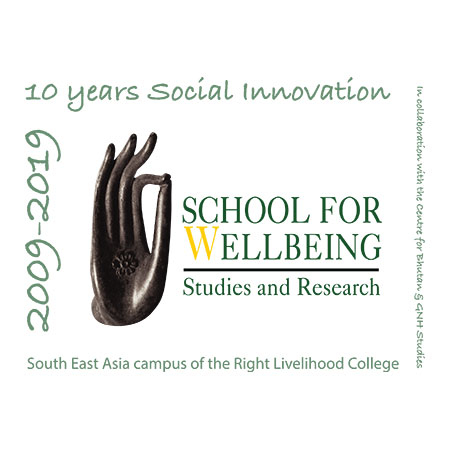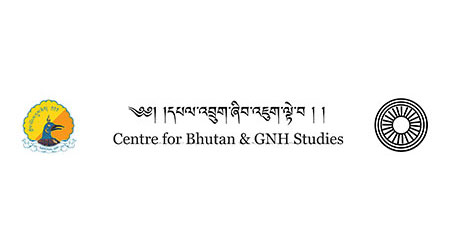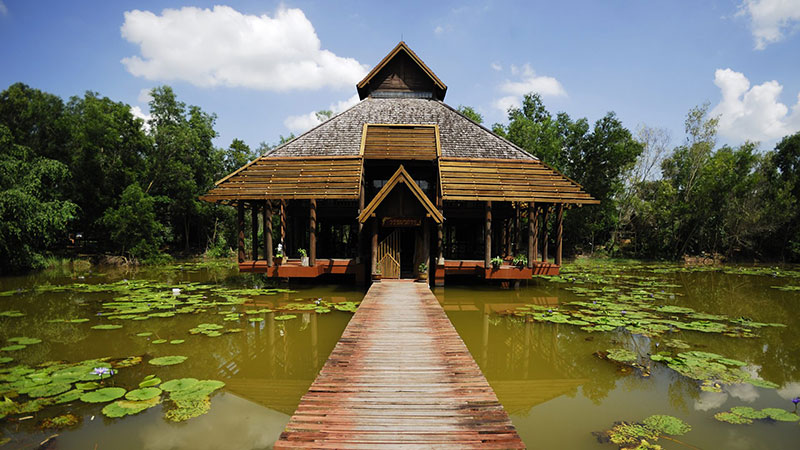History
The School for Wellbeing Studies and Research is an independent action-research and vision exchange platform. The “school” was founded 20 August 2009, by three initial partners. The School for Wellbeing is supported by a growing international partnership and network of Advisors.

In 2019 we celebrate “10 Years School for Wellbeing”.
The three founding partners of the “school”:
Chulalongkorn University

Chulalongkorn University (CU), the oldest university of Thailand, was originally founded in 1899 and became a national university in 1917. Its “green” campus is situated at the centre of the city of Bangkok. The university was named after King Chulalongkorn, Rama V (1853 – 1910), by his son Rama VI, to honour the King’s visionary modernization of Thailand. The university enrolls at present almost 35,000 students. The School for Wellbeing was co-founded together with SNF and CBS, by the Faculty of Political Science following the 3rd International Conference on Gross National Happiness. The “school” was co-initiated by then Deputy Dean of the Faculty of Political Science, Asst. Prof. Surat Horachaikul, at present Director of the Chulalongkorn University Indian Studies Center. The MOU was signed on behalf of CU, 20 August 2009, by former Vice-President Asst. Prof. Dr. M.R. Kalaya Tingsabadh. From 2015 onwards CU participates in the School for Wellbeing by means of the Wellbeing Studies Programme which in addition to the original partners includes the Royal University of Bhutan and the Right Livelihood College.
Centre for Bhutan & GNH Studies

The Centre for Bhutan & GNH Studies (CBS) is a social science research institute which conducts inter-disciplinary studies on Bhutan for advancing its social, cultural, economic and political wellbeing. It was founded in 1998. Gross National Happiness (GNH) is a unique pathway to modernization. The concept of GNH was introduced by HM Jigme Singye Wangchuck, the IVth King of Bhutan, in 1972. CBS co-founded the School for Wellbeing as an outcome of the 3rd International Conference on Gross National Happiness (“GNH3”), held in Thailand, Nongkhai and Bangkok, 2007.
Sathirakoses Nagapradipa Foundation

Why a “school”?

The word “school” originally refers to a spontaneous cluster of students who gather around a teacher or group of teachers. The notion of “school” embraces the spirit of community, leisure and dedication. Only later in history, schools became institutes confined to buildings and to compulsive rules. In a “school” like in the School for Wellbeing, streams of philosophical thought and new paradigms are explored, tested in debate and by real life experiment. New ideas and solutions are introduced to mainstream thinking and behavior by means of dialogue and collaborative design. In contemporary language this is “social innovation”.
Philosophy
The logo of School for Wellbeing, a design of CU Asst. Prof. Vira Somboon, represents the Jnana mudra, that is, a symbolic, “spiritual gesture” embedded in Hinduism and Buddhism. It is known to impart happiness, develop the intellect, sharpen memory as well as concentration powers.

